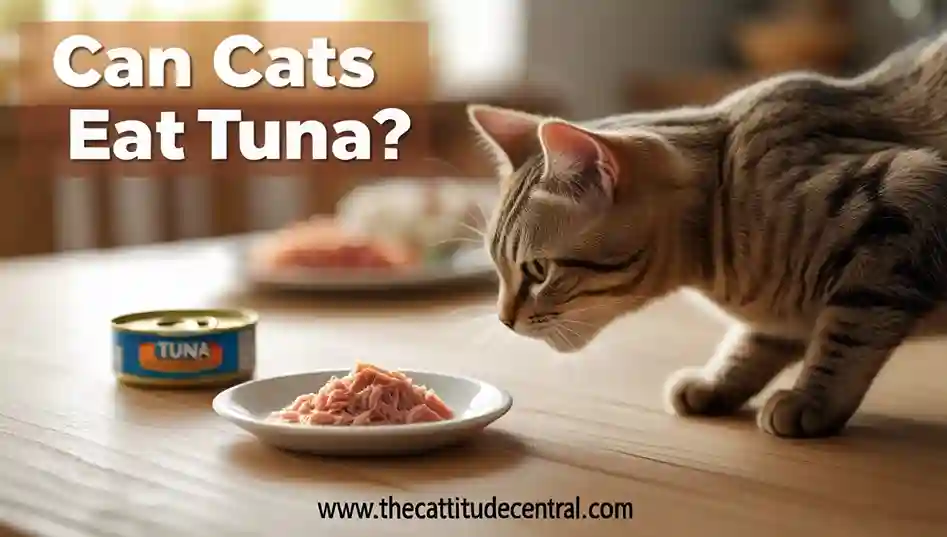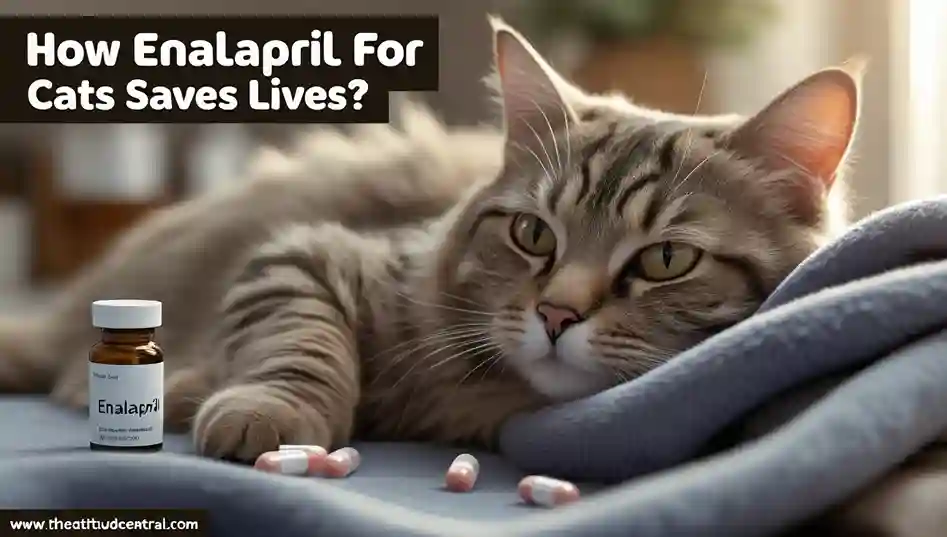Kittens are bundles of energy, curiosity, and growth, requiring specialized nutrition to support their rapid development. As a new pet owner, you may wonder, Can kittens eat cat food? While it seems convenient to feed your kitten the same food as your adult cat, their nutritional needs differ significantly.
This comprehensive guide explores whether kittens can eat cat food, when it’s safe to transition, and how to choose the best diet for your furry friend. We’ll also include expert tips, product recommendations from Amazon, and answers to common questions based on Google Trends to ensure your kitten thrives.
Understanding Kitten Nutritional Needs
Kittens undergo rapid growth in their first year, requiring a diet rich in specific nutrients to support their developing bodies. Unlike adult cats, kittens need higher levels of protein, fats, vitamins, and minerals to fuel their growth, immune system, and organ development.
Why Kittens Need Specialized Food
Kitten food is formulated to meet the unique needs of growing felines. The Association of American Feed Control Officials (AAFCO) sets standards for pet food, requiring kitten formulas to contain higher levels of:
- Protein: Essential for muscle and tissue development.
- Fats: Provide energy and support brain development.
- Calcium and Phosphorus: Crucial for strong bones and teeth.
- Taurine: An amino acid vital for heart and eye health.
- DHA: Supports cognitive and vision development.
Adult cat food, while nutritious for mature cats, often lacks the elevated nutrient levels required for kittens. Feeding kittens adult cat food too early may lead to nutritional deficiencies, stunted growth, or health issues.
Can Kittens Eat Cat Food Safely?
The question Can kittens eat cat food? is common among pet owners. In short, kittens can eat adult cat food in certain situations, but it’s not ideal for their long-term health. Kitten-specific food is designed to provide the precise balance of nutrients for growth, while adult cat food is formulated for maintenance. Feeding kittens adult cat food exclusively may result in inadequate calorie and nutrient intake, potentially affecting their development.
However, in emergencies or as a temporary measure, small amounts of high-quality adult cat food won’t harm a healthy kitten, provided it’s not a long-term solution. Always consult a veterinarian before making dietary changes.
When Can Kittens Transition to Adult Cat Food?
Kittens typically transition to adult cat food between 10 and 12 months of age, depending on their breed, size, and health. Smaller breeds may mature faster, while larger breeds like Maine Coons may require kitten food for up to 18 months.
Signs Your Kitten Is Ready for Adult Cat Food
- Age: Most kittens reach adulthood around their first birthday.
- Weight Stabilization: Growth slows, and weight gain plateaus.
- Dental Development: Adult teeth are fully developed, allowing them to chew harder kibble.
- Veterinary Approval: Your vet confirms your kitten is ready for the switch.
How to Transition Safely
Switching from kitten food to adult cat food should be gradual to avoid digestive upset. Follow these steps:
- Start Slowly: Mix 25% adult cat food with 75% kitten food for 3-5 days.
- Increase Gradually: Over 7-10 days, increase the proportion of adult cat food to 50%, then 75%, and finally 100%.
- Monitor Health: Watch for signs of digestive issues, such as diarrhea or vomiting, and consult your vet if concerns arise.
- Maintain Hydration: Ensure access to fresh water, especially if transitioning to dry adult cat food.
By following this process, you can help your kitten adjust to adult cat food without stress or health issues.
Choosing the Right Food for Your Kitten
When considering Can kittens eat cat food?, it’s essential to select high-quality kitten food that meets AAFCO standards. Here are key factors to consider when choosing kitten food:
Wet vs. Dry Kitten Food
- Wet Food: Provides hydration, is easier to chew, and is often more palatable for kittens. It’s ideal for young kittens or those with dental issues.
- Dry Food: Convenient, cost-effective, and promotes dental health by reducing tartar buildup. Ensure the kibble size is appropriate for kittens.
Recommended Kitten Food Products on Amazon
To support your kitten’s growth, consider these top-rated kitten foods available on Amazon:
- Purina Pro Plan Kitten Wet Food
This pate is packed with protein and DHA for brain and vision development. It’s highly digestible and suitable for kittens up to 1 year.
Price: ~$44 for a 24-pack of 3 oz cans.
Link: Purina Pro Plan Kitten Wet Food - Royal Canin Feline Health Nutrition Kitten Dry Food
Formulated for kittens up to 12 months, this dry food supports digestion and immune health with a small kibble size for easy chewing.
Price: ~$20 for a 3 lb bag.
Link: Royal Canin Kitten Dry Food - Blue Buffalo Wilderness Kitten Grain-Free Dry Food
High in protein and free of grains, this formula supports active kittens with natural ingredients and added vitamins.
Price: ~$25 for a 5 lb bag.
Link: Blue Buffalo Kitten Dry Food
When selecting food, check the label for AAFCO approval and ensure it’s formulated for “growth” or “all life stages” to meet kitten needs.
Common Mistakes When Feeding Kittens
Pet owners often make mistakes when addressing Can kittens eat cat food? Here are pitfalls to avoid:
- Feeding Adult Cat Food Too Early: As noted, adult cat food may lack the nutrients kittens need for growth.
- Overfeeding: Kittens have small stomachs and need multiple small meals daily (3-4 for kittens under 6 months).
- Ignoring Hydration: Kittens on dry food need constant access to fresh water to prevent urinary issues.
- Sudden Diet Changes: Abrupt switches can cause digestive upset. Always transition gradually.
- Low-Quality Food: Cheap foods may lack essential nutrients, leading to health problems.
FAQs About Kitten Nutrition
Can Kittens Eat Adult Cat Food at 6 Months?
Kittens at 6 months are still growing and typically need kitten-specific food. While small amounts of adult cat food won’t harm them, it’s not recommended as their primary diet until they’re closer to 12 months. Consult your vet for personalized advice.
Is Wet or Dry Food Better for Kittens?
Both wet and dry foods have benefits. Wet food supports hydration and is easier for young kittens to eat, while dry food promotes dental health and is more convenient. A combination of both is often ideal, depending on your kitten’s needs.
How Often Should Kittens Eat?
Kittens under 6 months need 3-4 small meals daily. After 6 months, 2-3 meals are sufficient. Always follow feeding guidelines on the food packaging and adjust based on your kitten’s activity level and weight.
Can Kittens Eat Human Food?
Most human foods are unsafe for kittens. Avoid feeding them chocolate, onions, garlic, grapes, or dairy (as many cats are lactose intolerant). Stick to kitten-specific food to ensure proper nutrition.
When Should I Switch My Kitten to Adult Cat Food?
Most kittens can transition to adult cat food between 10-12 months. Larger breeds may need kitten food longer. Gradually mix adult food with kitten food over 7-10 days to avoid digestive issues.
Tips for Keeping Your Kitten Healthy
Beyond answering Can kittens eat cat food?, here are additional tips to ensure your kitten thrives:
- Regular Vet Checkups: Schedule visits to monitor growth and address dietary concerns.
- Portion Control: Follow feeding guidelines to prevent obesity, which can lead to health issues.
- Fresh Water: Always provide clean water, especially with dry food diets.
- Safe Treats: Use kitten-specific treats sparingly, such as Greenies Feline Dental Treats.
- Monitor Behavior: Changes in appetite, energy, or litter box habits may indicate dietary or health issues.
Conclusion
So, can kittens eat cat food? While kittens can eat adult cat food in small amounts or emergencies, it’s not suitable for their long-term nutritional needs. Kitten-specific food, rich in protein, fats, and essential nutrients, is critical for their growth and development. By choosing high-quality kitten food, transitioning gradually to adult food, and following veterinary advice, you can ensure your kitten grows into a healthy, happy cat. Explore trusted products like those from Purina, Royal Canin, and Blue Buffalo on Amazon, and always prioritize your kitten’s unique needs.
For further guidance, consult your veterinarian and refer to reputable sources like the AAFCO for pet food standards. Your kitten’s health is worth the investment!
Sources



